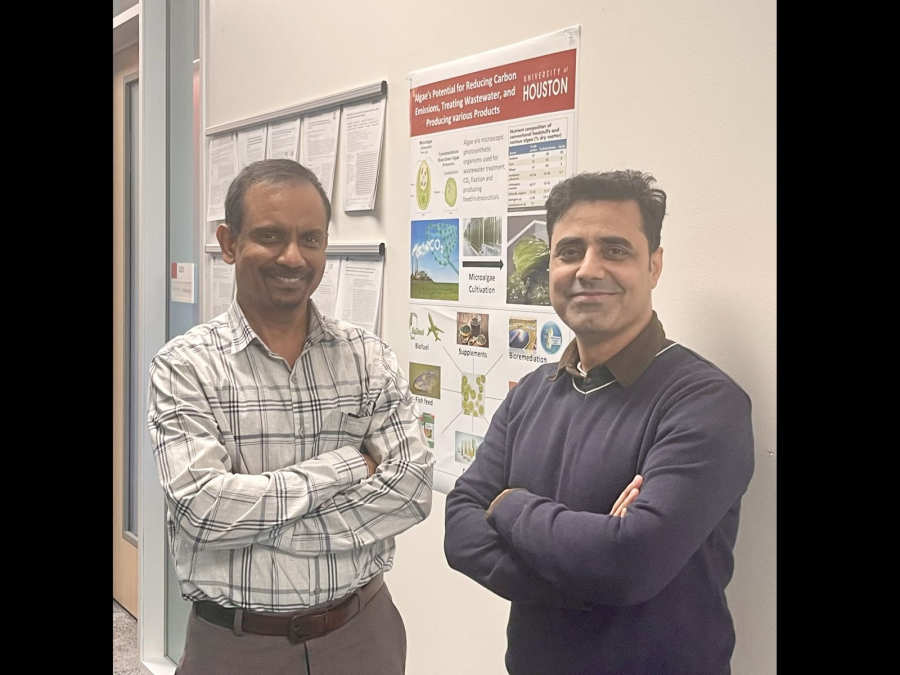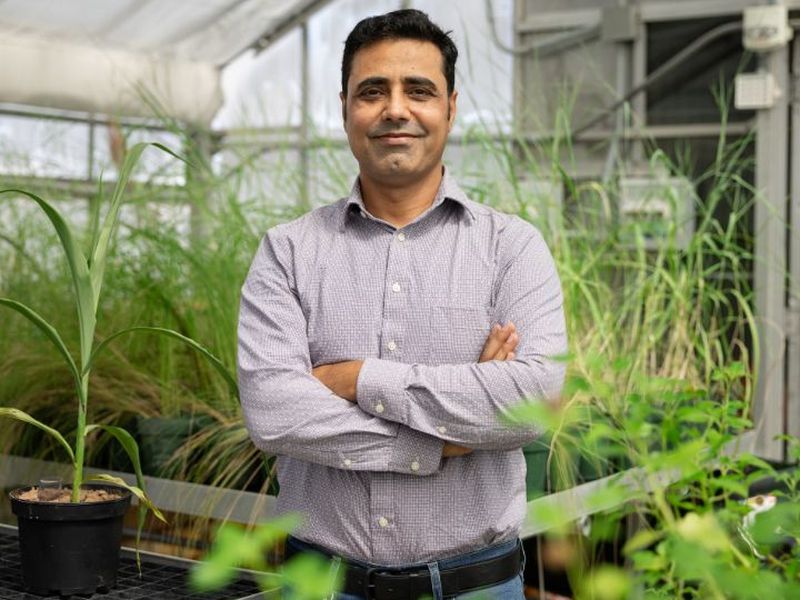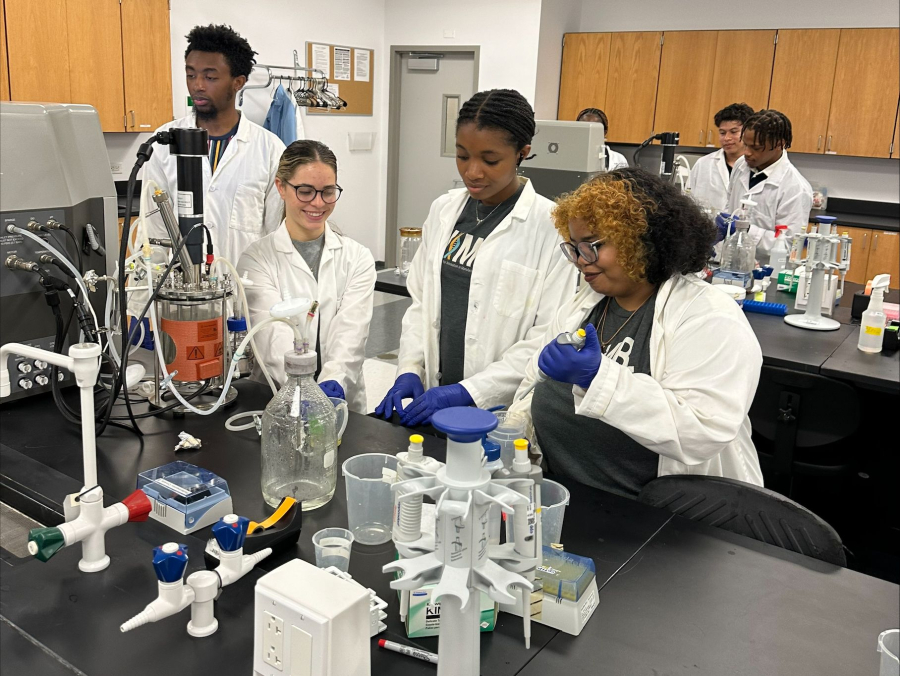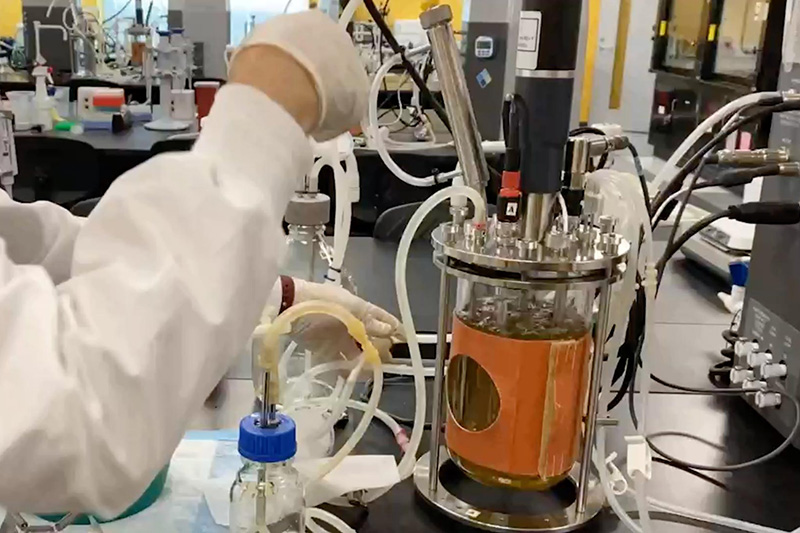About the BTEC program
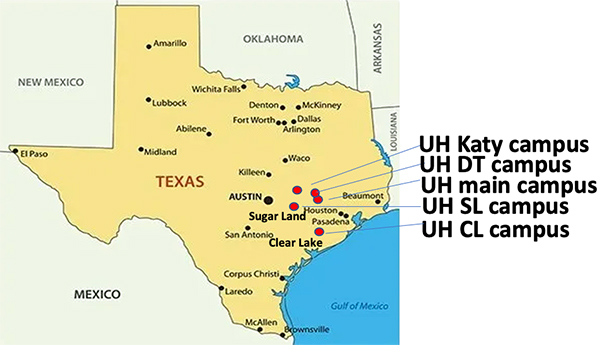
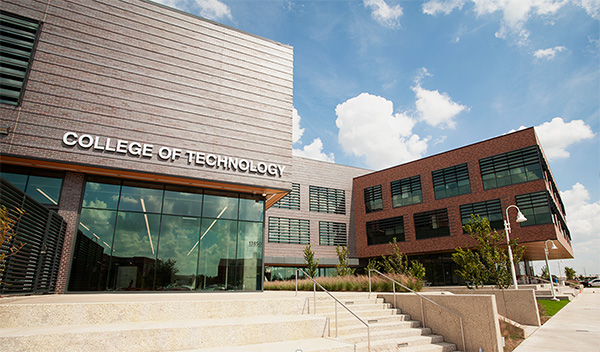
Goal: The Biotechnology degree program provides students with strong core science concepts and an application-oriented undergraduate education.
Objectives: Recognizing the need to strengthen undergraduate education that fosters cross-disciplinary training and collaborative interactions our program:
- Develops adaptable students with a strong foundation in skills that are relevant to the changing world of biotechnology.
- Provides students with practical training in the skills and techniques of biotechnology.
- Integrates the laboratory and lecture components of the program through the use of an experimental approach to learning.
- Uniquely combines practical, hands-on biotechnology training with cutting-edge biotechnology research and teaching.
Interdisciplinarity: Two tracks (Bioprocessing and Bioinformatics) with applicable minors
Benefits: In agriculture and medicine, biotechnology techniques have produced new and improved foods, virus resistant crop plants and animals, advances in insect resistance, new antibiotics, vaccines, improved ways of producing insulin, diagnostic tests and treatment for cancers, sickle cell and Huntington's and AIDS. Breakthroughs in Biotechnology are helping to produce sustainable biofuels, food, and biochemicals, clean water and clean environment for healthy productive life.
Undergraduate and Graduate Research: Students contribute and engage in advance on-going research projects. These cutting-edge frontier sciences help to develop skills of students in Biotechnology.
History of the Program: The BTEC undergraduate program was started 2009 and graduate program was started in 2015.
Accreditation: BTEC programs are accredited by Association of Technology, Management, and Applied Engineering (ATMAE) since 2013. The primary purpose of ATMAE accreditation is to encourage and recognize the attainment of certain professional goals and standards for technology and to encourage continuous quality improvement through a voluntary and comprehensive evaluation process. The accreditation is done once in five years.
Undergraduate BTEC Program

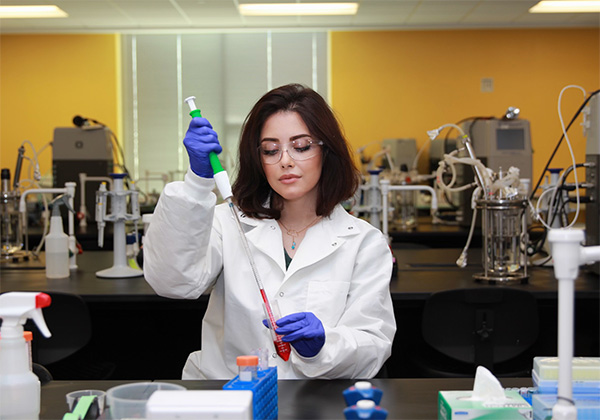
The Biotechnology degree program provides students with strong core science concepts and an application-oriented undergraduate education. The UH Biotechnology degree is designed and developed in collaboration with industry and academic partners. Key workforce skill gaps, knowledge, abilities in the field, and components that contribute to student engagement needed to succeed in an interdisciplinary field were identified. These included:
- Curriculum flexibility to reach students of different skill levels
- Teaching interdisciplinary education and research skills
- Developing students' understanding of real-world applications to complement their research background and training better.
Undergraduate students study molecular and cellular concepts, industry-relevant issues, and topics such as regulations and compliance obligations, as well as current practices in quality assurance and quality control.
Undergraduate students undergo interdisciplinary hands-on laboratory training to infuse cutting-edge research practices with real-world applications in a flexible modular format, giving them the confidence to work in industry or become entrepreneurs.
The UH Biotechnology (BTEC) degree plan allocates 121 credit hours depending on the curriculum track undertaken by our students.
There are two curriculum tracks available that give our student the flexibility to tailor their degree plans based on their interest, backgrounds, and career goals:
- Bioprocessing track focuses on using living cells to manufacture a desired biological product for medicine, agriculture and other industries. (Learn more about different career opportunities.) Students will learn specialized courses such as Quality Assurance and Quality Control, Microbial Biotechnology, and Bioprocessing.
- The Bioinformatics track focuses on applying computer technology to managing biological information. (Learn more about different career opportunities.) Students will learn specialized courses in Bioinformatics, Database Management, and Information System Analysis and Design.
UH BTEC is the most extensive undergraduate biotech program in Texas and 2nd nationwide based on enrollment with ~400 students in 2023.
